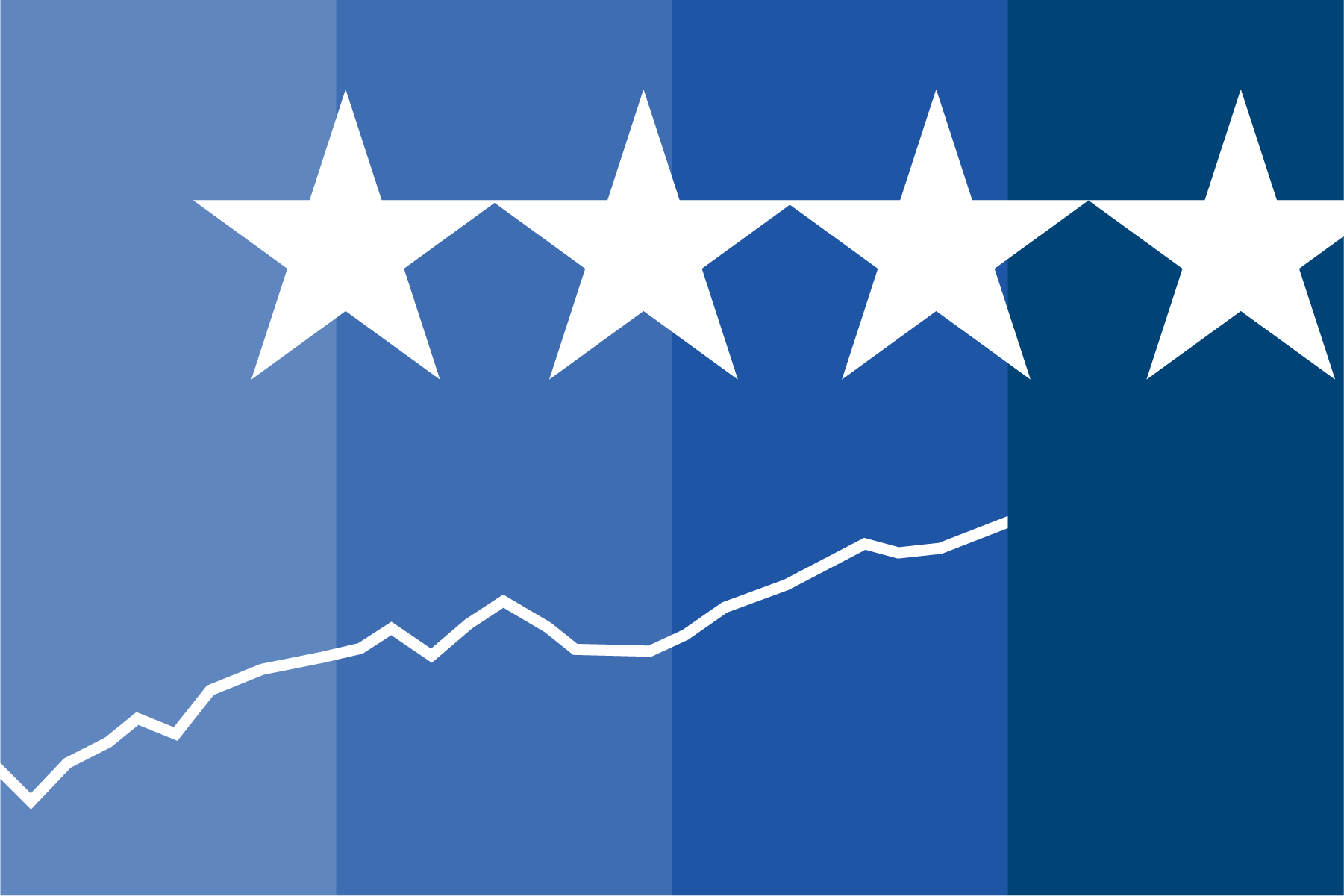What Take-Two's Purchase of Zynga Means
The combination will supercharge mobile transformation, Morningstar's analyst says.

On Jan. 10, Take-Two Interactive TTWO announced an agreement to purchase mobile game publisher Zynga ZNGA in a deal valued at $12.7 billion, or $9.86 per share, based on Take-Two’s Jan. 7 closing price. The deal is for $3.50 in cash and $6.36 in equity, depending on the closing price of Take-Two. The deal price represents a 64% premium to the unaffected price of Zynga and is 20% below the 52-week high. Take-Two will fund the cash portion with cash on hand and a new debt offering. Because of the price collar, Take-Two shareholders will own 67%-70% of the combined company after the deal closes. Zynga does have a go-shop provision for 45 days, which could attract a higher bid.
We don’t expect a large amount of regulatory pushback, given the size of both companies and the intense competition in the traditional and mobile video game markets. However, we do expect regulators in the United States and abroad to examine the deal. The potential for regulatory review delays and the go-shop provision fuels our skepticism about the transaction closing by end of June. We believe the deal is likely to be completed, but the close may be in the second half of the year.
We maintain our $200 fair value estimate for Take-Two, as we expect that the accretive gains from the merger with Zynga will be offset by the roughly $2.7 billion in new debt and the 50 million-59 million new shares issued.
The deal with Zynga would transform Take-Two, with roughly 50% of net bookings derived from mobile gaming. Management talked up the potential opportunities from creating mobile versions of the Take-Two franchises as well as cross-platform porting the newer Zynga games. We are slightly skeptical of this opportunity, given that Activision Blizzard made similar claims with the King acquisition, but we acknowledge that Zynga has a considerably more diverse portfolio of games and development teams than King. Management expects the deal will generate slight cost synergies of $100 million and longer-term revenue synergies of $500 million, not including new titles.
The market reacted negatively to the news from the Take-Two standpoint, sending its shares down 13% and shaving roughly $2.5 billion from its market capitalization on Jan. 10. On the same day, Zynga’s shares jumped 41% and market cap expanded by $2.7 billion. While worries that Take-Two is overpaying could turn out to be valid, we think Take-Two management was at least partially worried about another Codemasters situation, where EA came in and outbid the company. That situation was slightly different, as EA was making a defensive move to ensure that key rival Take-Two stayed out of the racing genre, but the go-shop provision may have forced Take-Two to bid slightly more than it wanted.
Despite the potential for overpaying, we like the move strategically. Take-Two has needed to shift its revenue mix toward mobile, and management has made some smaller acquisitions toward this goal. The purchase of Zynga supercharges this transformation and will make Take-Two the most leveraged toward mobile of the four traditional game publishers we cover. The mobile market is slowly moving away from being highly dependent on casual gamers, as more core games like Fortnite, Call of Duty Mobile, and others have gained share over the last few years. The addition of Zynga even without adding new games based on Take-Two franchises will provide Take-Two with exposure to this fast-growing segment.
Another reason for Take-Two to move boldly into mobile gaming is the potential geographic expansion. Roughly 60% of Take-Two’s net bookings are currently generated in the U.S., with a sizable portion of the remainder coming from Western Europe. In contrast, many mobile games have high penetration in emerging markets like India, where ownership of smartphones is much more widespread than of consoles or gaming PCs. While these games have relatively low per-person revenue, the massive scale of the player base helps to generate substantial revenue. Zynga has been transitioning from focusing solely on the casual, social games that built the company to more midcore and even core games that appeal to gamers in Take-Two’s traditional markets as well as ones where the company’s presence has been limited.

/s3.amazonaws.com/arc-authors/morningstar/fab4d3e1-7951-4575-a38d-fd2028ad4ae3.jpg)
/cloudfront-us-east-1.images.arcpublishing.com/morningstar/ZM7IGM4RQNFBVBVUJJ55EKHZOU.jpg)
/d10o6nnig0wrdw.cloudfront.net/04-22-2024/t_d910b80e854840d1a85bd7c01c1e0aed_name_file_960x540_1600_v4_.jpg)
/cloudfront-us-east-1.images.arcpublishing.com/morningstar/K36BSDXY2RAXNMH6G5XT7YIXMU.png)
:quality(80)/s3.amazonaws.com/arc-authors/morningstar/fab4d3e1-7951-4575-a38d-fd2028ad4ae3.jpg)